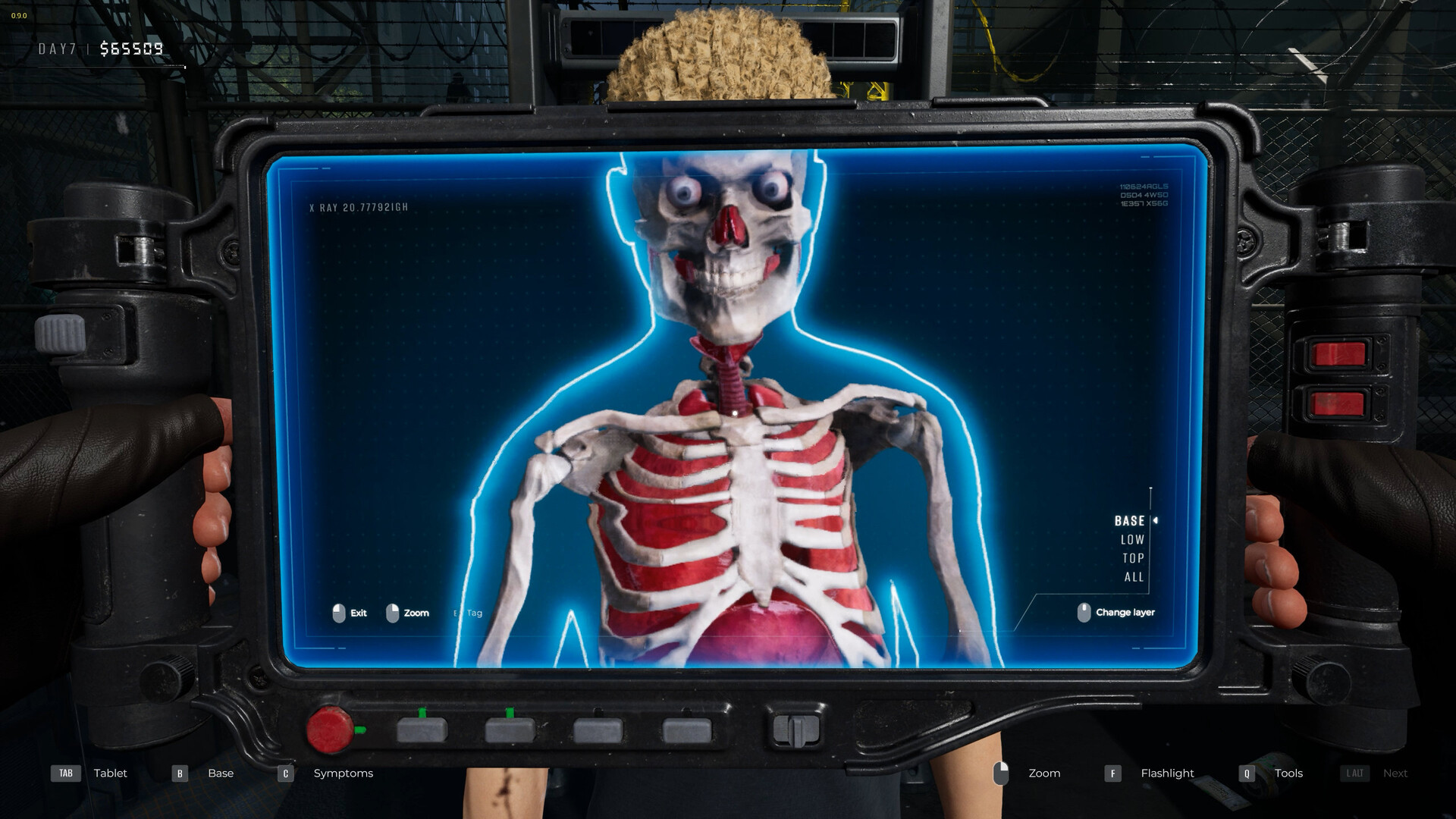Estimates on the financial impact of yesterday's AWS outage range from 'hundreds of billions' to over $75 million per hour, but one thing we can all agree on is it was pretty bad, chief
A butterfly flaps its wings. Again.
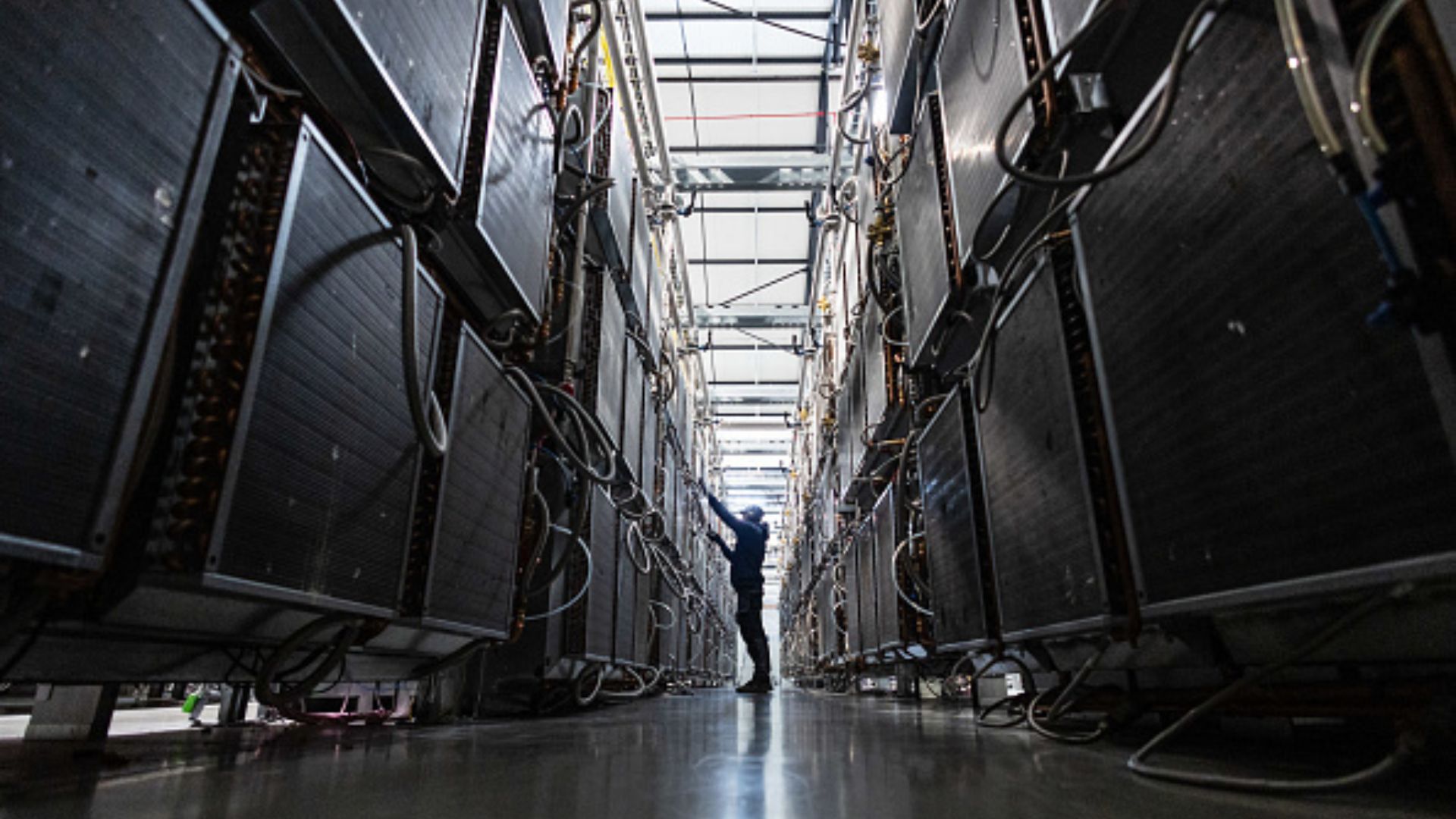
Large parts of the internet are still in a state of recovery today, after yesterday's AWS outage took out large portions of our beloved world wide web thanks to what appears to be a relatively simple DNS error. Even Fortnite, Roblox and Reddit dealt with significant disruption, a fate worse than death for many of their users, I'm sure.
As the dust begins to settle and services have, in large part, recovered, it's just left to the analysts to determine exactly how much financial damage was accrued. One such candidate is the CEO of internet monitoring firm Catchpoint, Mehdi Daoudi, who spoke to CNN about the fallout from AWS' rather public faceplant.
"The incident highlights the complexity and fragility of the internet, as well as how much every aspect of our work depends on the internet to work," said Daoudi.
"The financial impact of this outage will easily reach into the hundreds of billions due to loss in productivity for millions of workers that cannot do their job, plus business operations that are stopped or delayed— from airlines to factories."
While that figure initially seems excessive, when you take into account the scope of the outage, it's perhaps not too far out of the realms of plausibility. After all, Amazon Web Services is said to be the largest cloud provider in existence, estimated to command around 30% of the global market share.
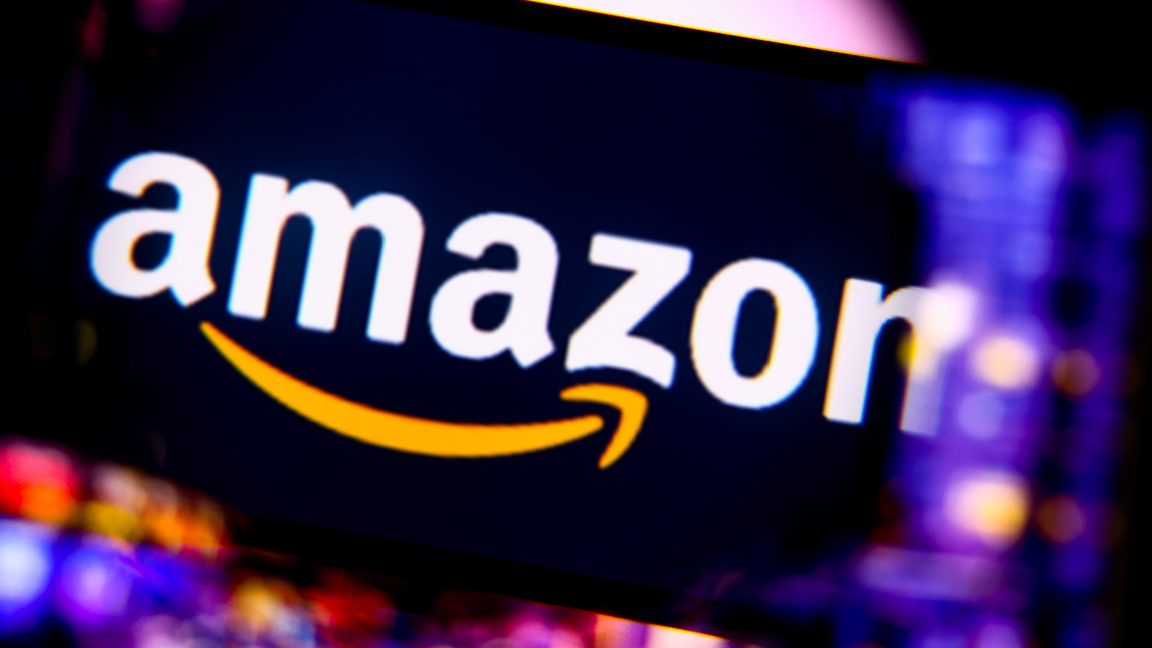
And of course, a large number of businesses using its services engage in ecommerce, not least of all Amazon itself. It's difficult to get an exact figure as to how much Amazon's retail behemoth alone makes in 24 hours, but the total revenue across its services is estimated to be around $1.75 billion a day, with retail sales being one of the largest contributors, next to... well, its AWS platform. Yes, Jeff Bezos is very pleased, I'm sure.
Less so yesterday, I'm also fairly confident in saying, as its US retail site stumbled for many, including us. We were looking for GPU deals, of course. We still found some. Just saying.
Keep up to date with the most important stories and the best deals, as picked by the PC Gamer team.
Anyway, factor in all the ecommerce relying on the AWS platform, including Amazon itself, and that's likely a substantial billion dollar+ chunk right there, even if their disruption only lasted an hour or two.
And of course, ecommerce is just one potential loser. Data from UI design agency Tenscope suggests that while Amazon was losing $72,831,050 per hour, others like Snapchat, Zoom, Roblox etc account for a rough $75 million per hour total, lost across eight companies—while delivery company Parcelhero pointed to a $5.4 billion loss for Fortune 500 companies in the CrowdStrike disaster as an example of potential figures.
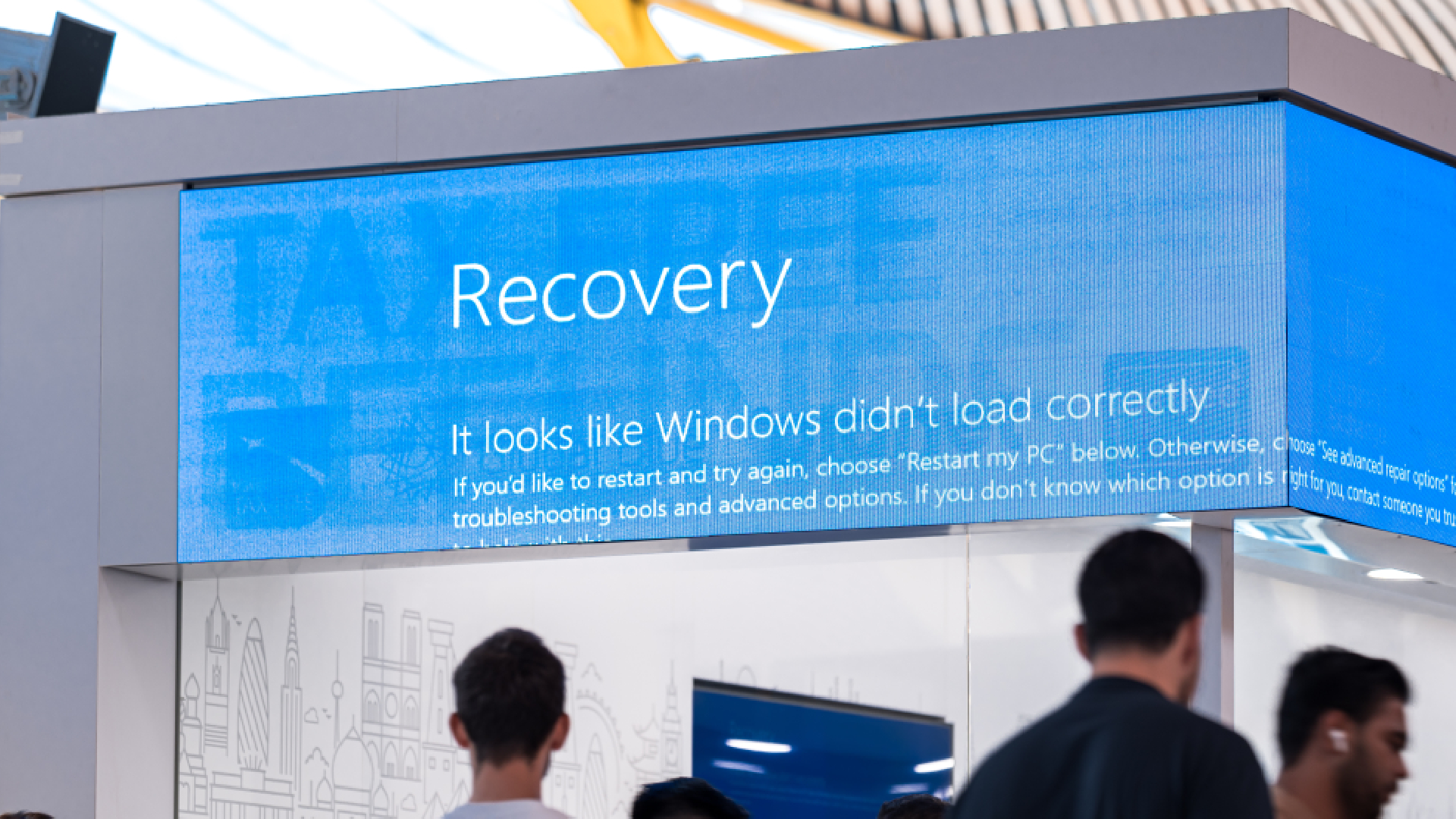
Rough figures and wildly-differing estimates, I'm sure you'll agree. The reasons why it's so difficult to pin down an exact number on revenue lost during such a massive outage are multiple, and complicated. After all, how do you put a monetary value on individual workers time, as many were left twiddling their thumbs while they waited for key services to come back online?
Or, as Daoudi states, the knock-on effect of major infrastructure stumbles, like delayed flights, or banking services lagging out, or even major crypto transactions being delayed or disrupted?
Yes, crypto is a big deal these days. I'm as disappointed as you are. Regardless, the whole thing brings to mind the aforementioned Crowdstrike bug, in which a borked security update caused Microsoft infrastructure the world over to crumble, causing chaos wherever it went.
And again, it makes me think about the fragility of our ever-interconnected world. When so much of our infrastructure, economic or otherwise, is reliant on a handful of platforms, significant disruptions like this really do look like they might become something of a running theme in years to come.
Sure, this is the first big one we've experienced in over a year. But all it takes is one digital butterfly to flap its wings, and a whole lot of money seems certain to blow away in the wind.
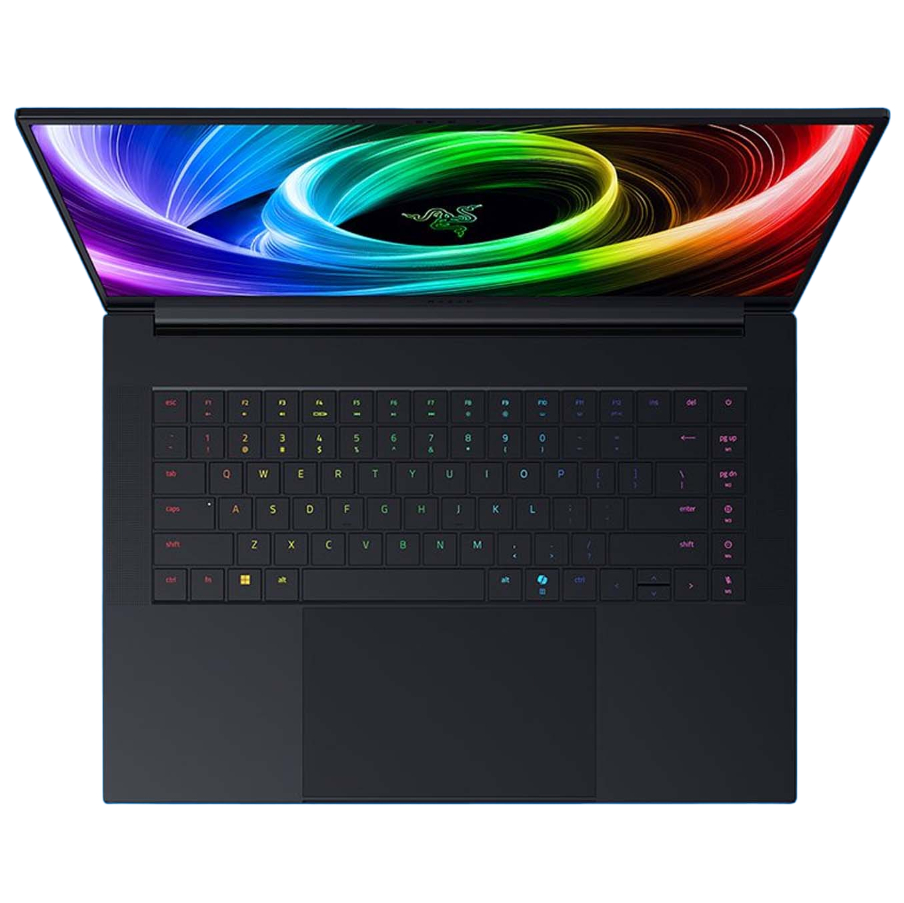
1. Best gaming laptop: Razer Blade 16
2. Best gaming PC: HP Omen 35L
3. Best handheld gaming PC: Lenovo Legion Go S SteamOS ed.
4. Best mini PC: Minisforum AtomMan G7 PT
5. Best VR headset: Meta Quest 3

Andy built his first gaming PC at the tender age of 12, when IDE cables were a thing and high resolution wasn't—and he hasn't stopped since. Now working as a hardware writer for PC Gamer, Andy spends his time jumping around the world attending product launches and trade shows, all the while reviewing every bit of PC gaming hardware he can get his hands on. You name it, if it's interesting hardware he'll write words about it, with opinions and everything.
You must confirm your public display name before commenting
Please logout and then login again, you will then be prompted to enter your display name.

